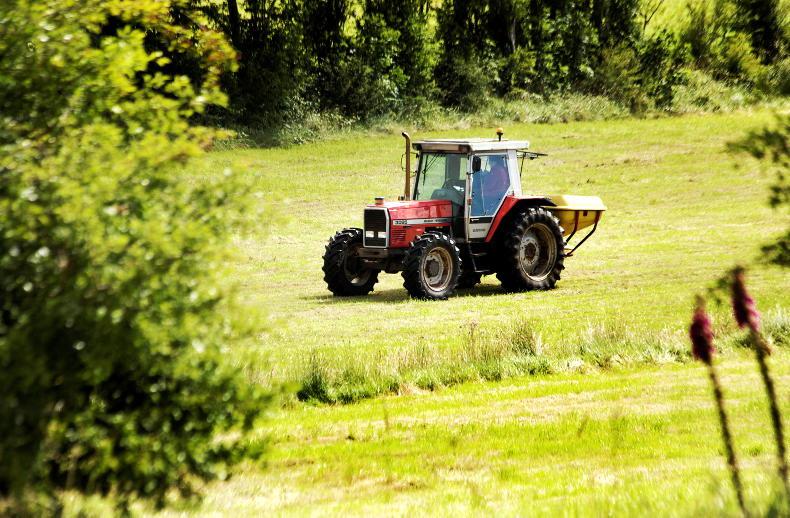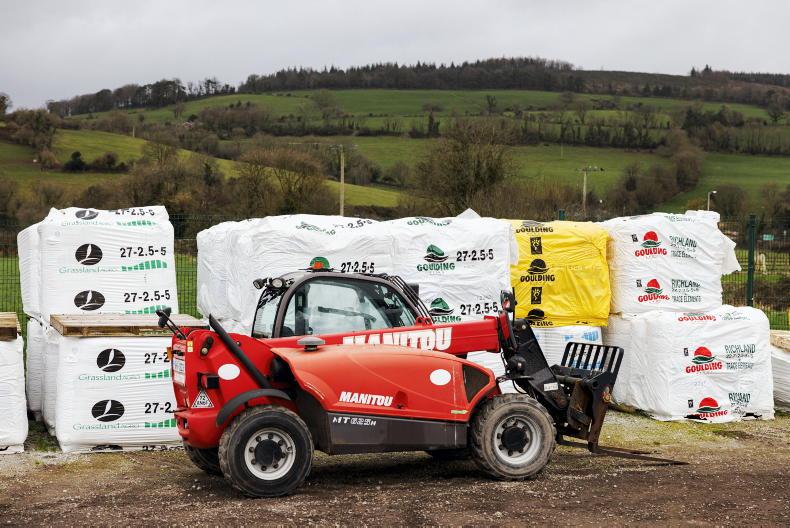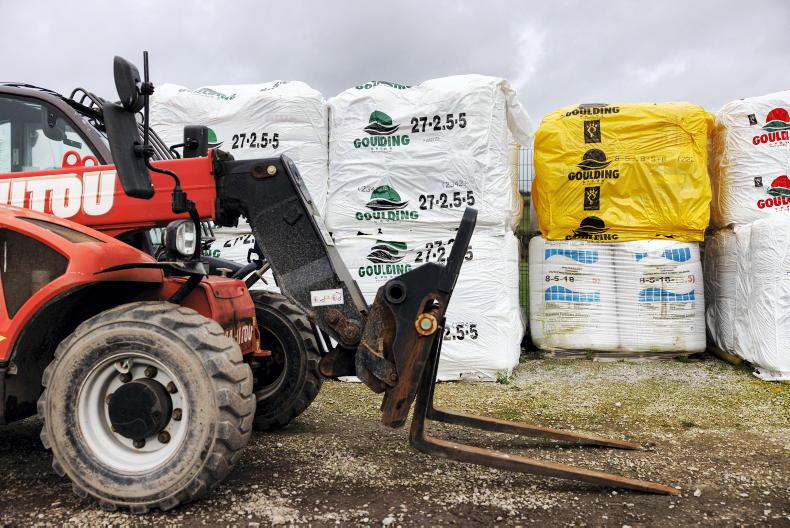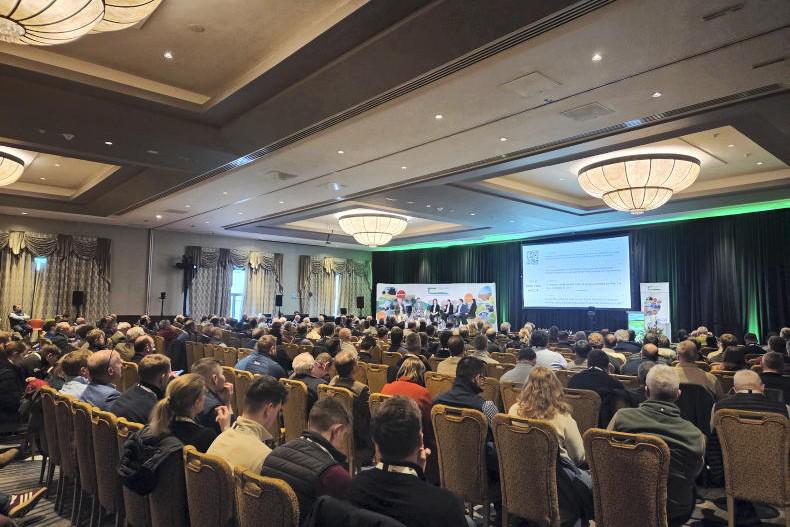The European Commission looks set to propose a €500m support package for EU farmers most affected by the war in Ukraine.
A draft copy of a Commission communication on food security, due to be published later this week and seen by the Irish Farmers Journal, also states that the Commission is looking at a temporary derogation from some greening obligations for member states.
“In particular, they may allow for production of any crops on fallow land that is part of ecological focus areas in 2022, while maintaining the full level of the greening payment.
“This temporary flexibility will allow farmers to adjust and expand their cropping plans this year,” the document states.
It also plans to allow for increased levels of advances of direct payments from 16 October.
Fertiliser support
A new framework is set to be adopted by the Commission, which could see supports for farmers affected by significant increases in input costs, in particular feed and fertiliser.
It said it will monitor fertiliser prices and supplies for farmers, to ensure that the prospects for EU harvests are not jeopardised.
The Commission has said that in the short term, animal feed availability is a concern and that “flexibility” may be required on a temporary basis to some existing import requirements.
Reorientation of EU agriculture
It also said that the current crisis “lays bare the dependency of EU agriculture on imported inputs, such as fossil fuels, fertiliser and feed, confirming the necessity of a fundamental reorientation of EU agriculture and EU food systems towards sustainability, in line with the Green Deal and the revised CAP”.
The Commission is expected to call on member states to enhance investments in biogas from sustainable biogas sources, including in particular agricultural waste and residues.
VAT and food prices
In order to alleviate the impact of high food prices on the most vulnerable, the Commission is set to propose that member states may implement reduced rates of value added tax (VAT).
“In December 2021, the [European] Council agreed on a reform of VAT rates at EU level, which enables member states to further reduce their rates, down to 0%, on certain goods and services which address basic needs, notably food.
“Member states may already make use of this possibility, as well as making lump sum transfers to households as an efficient and effective solution to address affordability,” it added.
Markets
The war in Ukraine has dramatically changed market expectations, affecting prices in all commodities, including for farm produce, the Commission said.
“The global wheat market is where food security concerns are mainly concentrated. Prices in wheat futures markets increased by 70% since the invasion.
“Global wheat output is at risk both from the supply shock stemming from Ukraine’s and Russia’s share in wheat markets and from the shock in input costs, especially in natural gas and nitrogen fertiliser.
“Up to 25 million tonnes would need to be substituted in order to meet worldwide food needs in the current and the next season,” it said.










SHARING OPTIONS